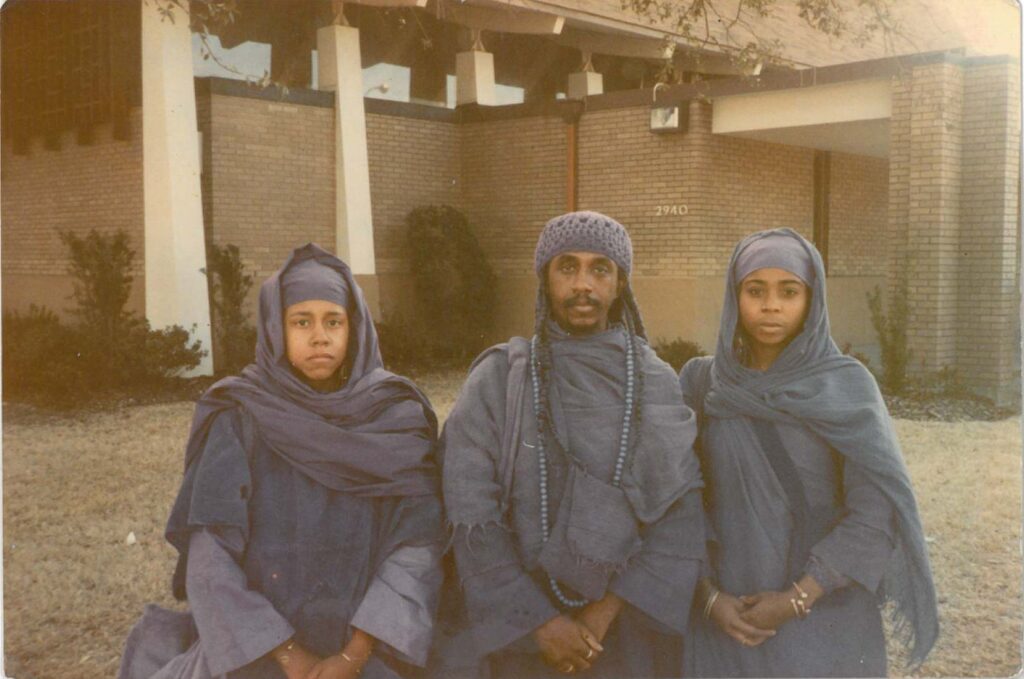A tragic figure whose prophecies led to the devastating Xhosa Cattle-Killing Movement and famine.
Nongqawuse, a Xhosa prophetess born around 1841, played a pivotal role in one of the most catastrophic events in South African history. Orphaned early in life and raised by her uncle Mhlakaza, a religious man and spiritualist, Nongqawuse became the center of a millenarian movement that led to the Xhosa Cattle-Killing Movement of 1856-1857.
In April 1856, at the age of about 15, Nongqawuse and her friend Nombanda had a spiritual experience near the Gxarha River, where Nongqawuse claimed to have met the spirits of her ancestors. These spirits conveyed a set of instructions that would have dire consequences: the Xhosa people were to kill their cattle, destroy their crops, and abandon their homes, with the promise that this sacrifice would lead to the resurrection of the dead, the elimination of European settlers from their land, and a renewal of wealth and prosperity for the Xhosa people.
Despite skepticism from some, Mhlakaza convinced Chief Sarili and others to follow these instructions, leading to widespread cattle-killing and crop destruction among the Xhosa. Estimates suggest that between 300,000 and 400,000 cattle were slaughtered. However, the promised renewal did not materialize, and the Xhosa people were left in famine and despair.
The aftermath of the prophecy’s failure was devastating. The population of British Kaffraria, where the Xhosa lived, plummeted from 105,000 to fewer than 27,000 due to famine. Nongqawuse was handed over to colonial authorities, and after a brief stay with Major Gawler, she disappeared into obscurity. Although there are claims she lived on a farm in Alexandria and had descendants, her exact fate remains somewhat of a mystery.
Historical interpretations of Nongqawuse’s role are varied. Some view her as an innocent manipulated by her uncle, while others consider her a more active agent in her society’s attempts to confront colonial oppression and moral decay. Oral traditions and scholarly analyses alike struggle with the legacy of Nongqawuse’s prophecies, reflecting on the profound impact of her visions on the Xhosa people and South African history.




